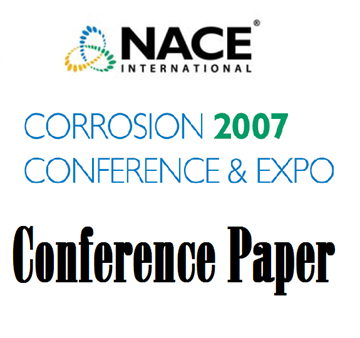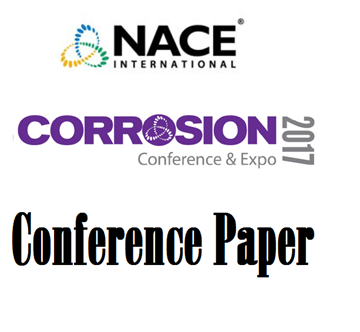Search
99383 ANALYSIS OF DISSIMILAR WELDS EXPOSED TO HIGH TEMPERATURE H2/H2S CONDITIONS IN A HYDRODESULFURIZING (HDS) UNIT
Also Purchased
07568 Selection of Dissimilar Metal Welds in Severe Environments for Today's Petrochemical Plants
Product Number:
51300-07568-SG
ISBN:
07568 2007 CP
Publication Date:
2007
$20.00
10245 Susceptibility of Nickel Based Alloy of Dissimilar Metal Butt Welds
Product Number:
51300-10245-SG
ISBN:
10245 2010 CP
Publication Date:
2010
$20.00
51317--9518-Chloride Stress Cracking of an Austenitic Stainless Steel Pipe Fitting in a Hydroprocessing Unit
Product Number:
51317--9518-SG
ISBN:
9518 2017 CP
Publication Date:
2017
$20.00




